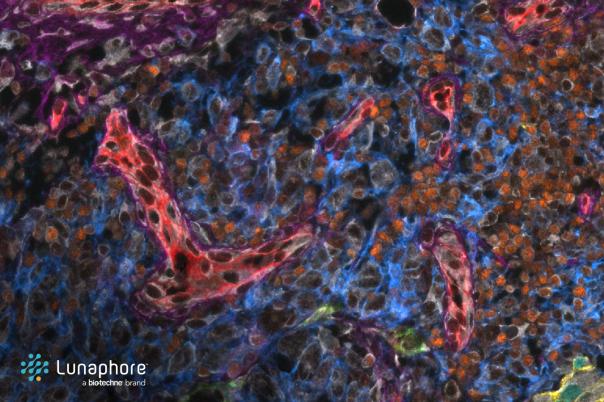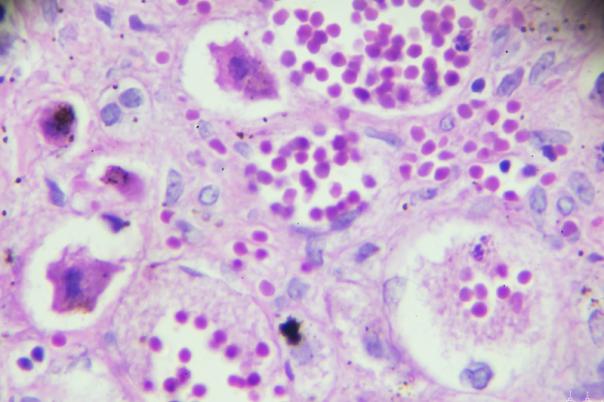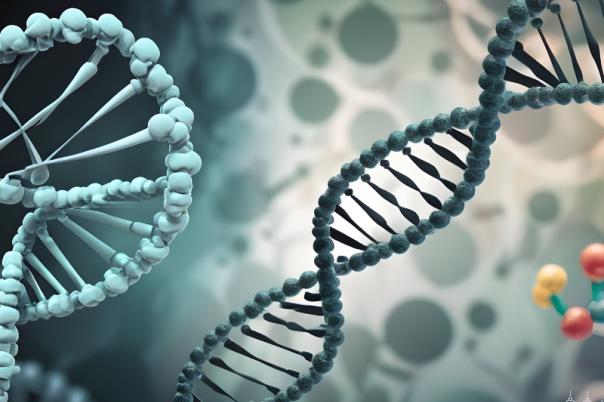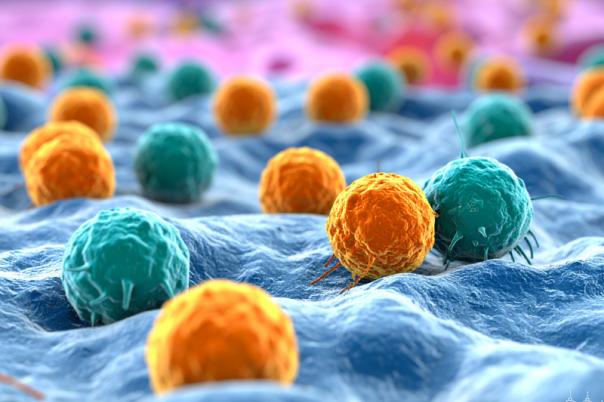The presentation by Jan Philipp Mallm, Lab Head, German Cancer Research Center (DKFZ) explores the evolving landscape of spatial omics, particularly focusing on the challenges and solutions in data management, standardisation, and community collaboration. Initially, the lab operated as an open facility for single-cell sequencing, but as spatial transcriptomics and proteomics technologies advanced, the volume and complexity of data increased dramatically.
This shift required not only robust data acquisition and analysis workflows but also careful attention to metadata collection and quality control. The team benchmarked various technologies like MERSCOPE and Xenium. Mallm noted improvements in sensitivity and reproducibility for MERSCOPE but mentioned that it does not perform as well as Xenium. He suggested that there is a need for ongoing evaluation as new versions emerge.
A significant emphasis is placed on the importance of comprehensive metadata and standardisation. The lab developed systems to collect detailed metadata about samples, protocols, and instruments, aligning with community standards where possible, though recognising that existing frameworks often need adaptation for spatial data. Mallm and his group used integration tools such as Omero and Leo to link experimental procedures, images, and metadata. He outlined how this encouraged data sharing and collaboration across platforms.
The presentation also discusses the challenges of multi-omics data integration, requiring careful alignment and registration of images from different instruments. Open-source tools and web-based visualisation platforms were developed to manage and share large datasets efficiently. Community initiatives, such as IO Fast and collaborations with organisations like BioImage Archive and the European Society for Spatial Biology, aim to promote FAIR data principles. Regular hackathons, workshops, and working groups foster ongoing engagement and the development of standardised frameworks, ensuring that spatial omics data can be effectively shared and utilised across the scientific community.





